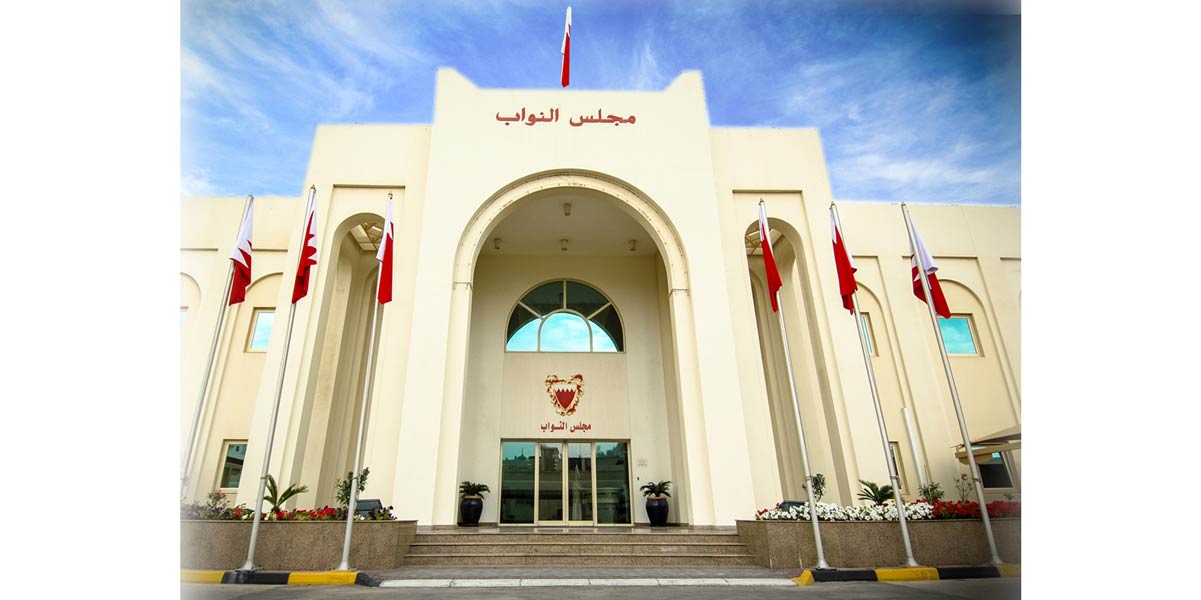A statement issued by the IMF at the conclusion of consultations with Bahrain under Article IV of the IMF articles of agreement comments on the economic position.
The low oil prices have lowered exports and fiscal revenues. Economic growth decreased from 4.5% in 2014 to 3.2% in 2015 and is projected to be 2.25% in 2016. External vulnerabilities have increased and investor sentiment is weaker.
Measures announced in early 2016 to strengthen revenues include increasing retail prices of fuel products. Despite these measures the continuing low oil price means that the fiscal deficit will remain high at over 15% of GDP. The IMF therefore considers that a significant fiscal adjustment is required to restore fiscal sustainability and boost investor and consumer confidence.
Fiscal measures in the short term could in the view of the IMF include the implementation of value added tax (VAT). The VAT has been agreed at the level of the Gulf Cooperation Council (GCC). In addition to rationalizing spending on social transfers and reducing the wage bill other measures are needed in the medium term to raise non-oil revenue and finance government services. A civil service review could help to boost private sector employment of Bahraini nationals.












